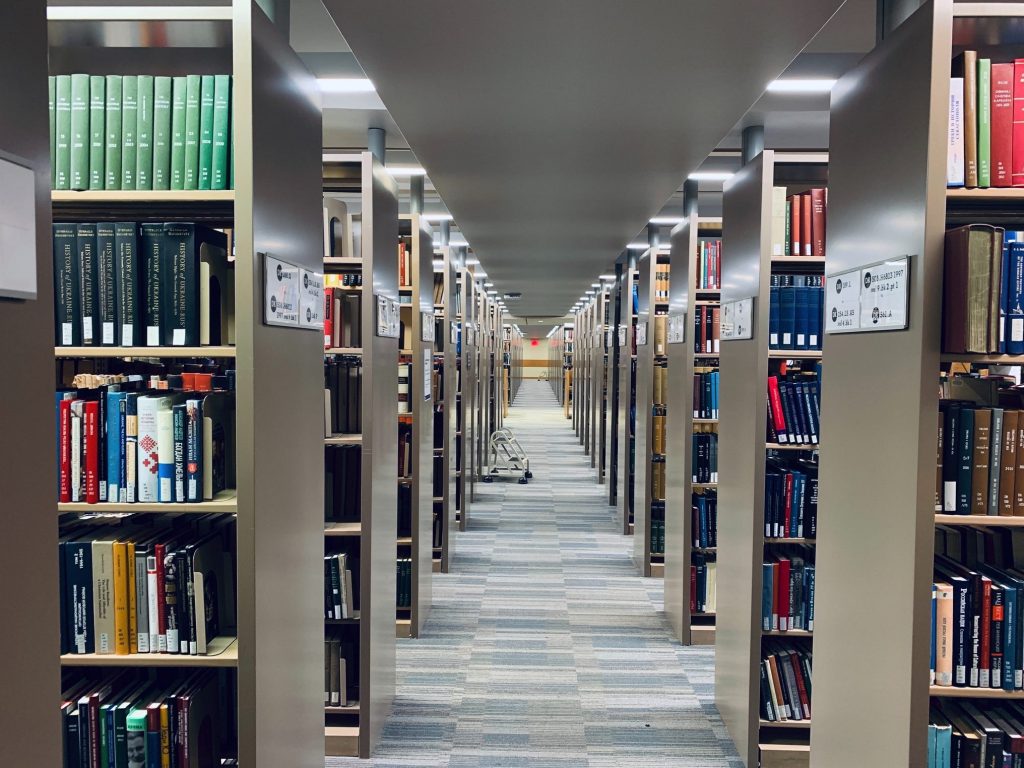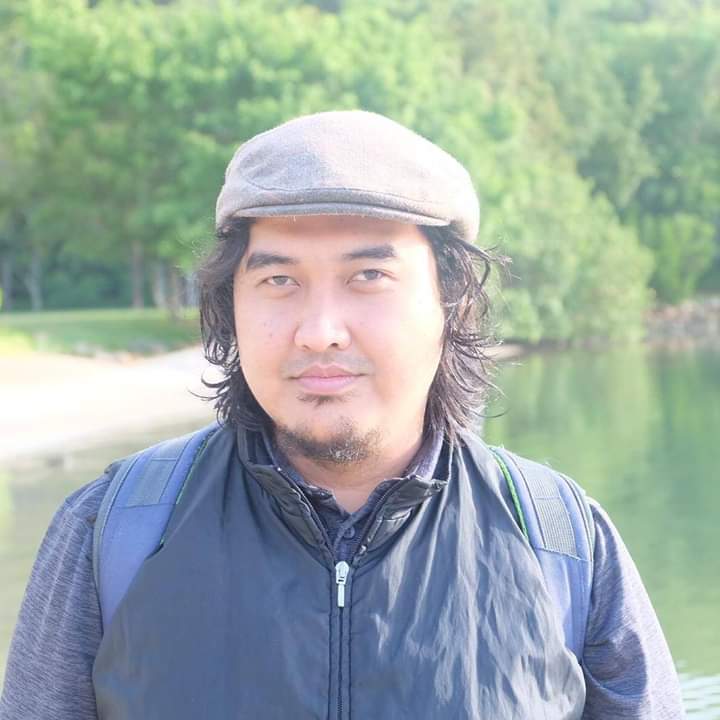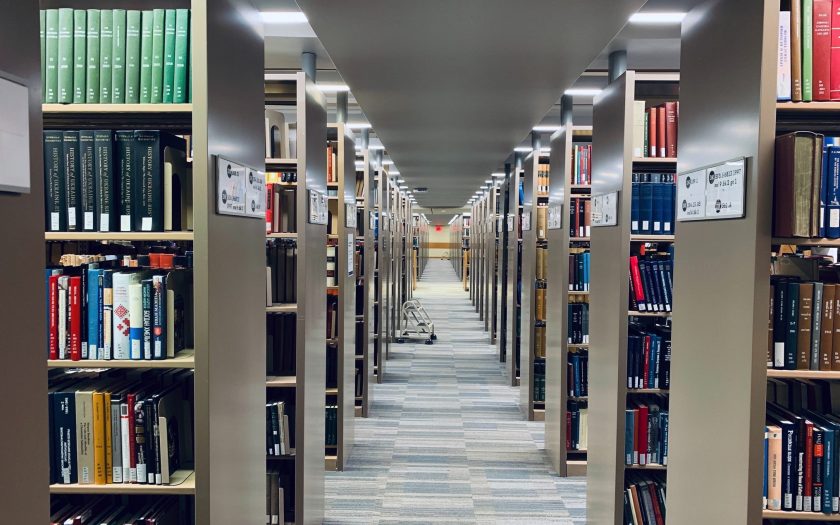What is on our local science agenda?
Siasat interviews Ahmad Rizky M.Umar (Umar). We were keen to find out what he thinks of Postcolonial Theory and how it should be understood from today’s point of view, especially for Indonesian scholars.

For Bahasa Indonesia version, click here
Siasat: What made you interested in reading postcolonial literature?
Umar: I first became interested in reading postcolonial perspectives from doing research, because my current Ph.D. research and my previous Masters research are on Southeast Asian history. Now it has expanded to Asian history.
Coincidentally, my Ph.D. research tracks the history of the idea of Asia, in which when we talk about that, we must also talk about colonialism, whether it be European colonialism or Japanese colonialism from 1942 to 1945. Therefore, in many aspects, when we talk about political thought in Southeast Asia specifically, it is inevitable that we talk about colonialism.
I then became interested to see how afterward, Indonesian intellectuals expressed themselves with a very unique perspective, as subjects that have experienced colonisation. This is the origin of my Masters research on the history of sovereignty, the history of the State in Southeast Asia.
This was what then brought me to the text of several thinkers. Postcolonialism actually has many variants, there is the Indian variant that is most prominent and most recognised, Ranajit Guha’s postcolonial studies group, then there is the decolonial perspective which is currently progressing, especially to explain Africa and Latin America, as well as the Orientalism of Edward Said which is actually very foundational. That is why I initially became interested in postcolonial text.
Siasat: You mentioned Edward Said’s Orientalism. What we know, what we see in Indonesia, is that people mostly understand it as a literary critique. Being a researcher of international relations, how did you discover the works that you mentioned? Were they included in your undergraduate syllabus?
Umar: I first read Orientalism when I was an undergraduate student, only that it was from a general political studies perspective, and did not specifically touch on international relations. However, I actually acquired this when I was pursuing my Masters in international relations. At that time my Masters lecturer for philosophy and social research methodology was enthusiastic about postcolonial feminist research, and first introduced me to it. Not only Said, but also decolonial Latin American and African thinkers, which made our perspective trascend Orientalism as mere literary studies, and became even more developed.
Siasat: Compared to other currents of thought pursued by Indonesian academicians, there is the impression that postcolonial thought falls behind the others. Why do you think postcolonial thought is not too often used, or even recognised?
Umar: It can be because the method of social science in Indonesia is very… I think that its orientation is very bureaucratic. So that when we conduct social research, we conduct in a perspective and orientation that is very distanced. Secondly, we take a very positivistic methodology. In international relations for example, when I was in my early semesters, what I learned were actually perspectives that developed in the United States in the 1970s and 1980s, and these became mandatory references.
When people talk about international relations, they talk about the relation between States. This perspective is highly influenced by an official way of seeing, an official State-sanctioned perspective, especially the New Order State in the 1970s–1980s, in perceiving social phenomena in Indonesia. Therefore, the most dominant perspective in Indonesian social and political science at that time was very American, and this was what made postcolonial perspectives, which also have strong roots in the history of Indonesian political thought, become marginalised.
Siasat: And it is also a bit difficult to find Indonesian scientists that are consistent with a postcolonial perspective. What do you think?
Umar: There are a few, actually. True, there are not many among Indonesian intellectuals after the 1970s. This rarity is perhaps caused by the fact that prior and up to the 1970s, social science was defined by intellectuals in universities, so it became extremely narrow in perceiving social problematics.
There are several people such as Professor Sartono Hartodirjo, or Professor AB Lapian in the Department of History of Universitas Indonesia, for example. They actually attempted to introduce what is known as an Indonesiacentric perspective. In many aspects, this had actually constructed a foundation for research. However, if we look at historical research, especially those developed by students of Professor AB Lapian or Professor Sartono Kartodirjo, not many analysed the problem of colonialism and its legacy in Indonesia. Its narrative therefore became very anti-Western, and in many aspects, anti-foreign.
Afterwards, many of Arial Harianto’s writing have criticised this tendency, but ultimately the notion of social science in Indonesia became very nativist, emphasising original Indonesian narratives, but failing to see that there is a process of colonisation that has become passed down. This has made it slightly difficult to find postcolonial perspectives in Indonesian social science.
Siasat: It is interesting to see that you had already seen how what was more often discussed was akin to its anti-Western perspective. In the 1980s–1990s, Ignas Kleden had already discussed the indiginesiation of social science. What impression did you get from this conversation, and what can we revisit from their discussion in that period?
Umar: If I look at the debate during the 1980s–1990s, what became prominent from the idea of the idigenisation of social science was its idea on nativisation. This idea is positive in the sense that it actually showed us that we have to push for a social science perspective that is rooted in Indonesian tradition, and this is already quite positive.
I think there are two notes to make of this debate. Firstly, this debate was limited to public intellectuals at that time, and was not followed through by any subsequent research agenda.
This shows us that there is a second problem: we need better research agenda and methodology in order to push for an even larger research agenda. I think that this is what we are still missing.
Siasat: Back to the example of the indigenisation of social science, we can say that the debate simply vanished into thin air without any conclusion or follow up. But it once influenced social science in Indonesia. Do you think that it still holds any relevance?
Umar: It’s still relevant, but we have not pushed in a different direction, in the sense that we no longer see the indigenisation of social science as a discourse of critique, but as a means to expose Indonesian local history and the tradition of Indonesian thought that has subsequently developed. We need that to see, to analyse contemporary social phenomena in Indonesia. Not just in Indonesia but also globally.
Now, for example if we want to look at the indigenisation of social science, we not only need to critique the hegemony of Western literature within social science discourse in Indonesia, but also push for our own agenda. If we want to be serious, we need to, for example, push for an intellectual tradition, let’s say that of Pramoedya Ananta Toer, in order to read the context of literature within the global context. Or we can study several examples of unique thinking, Indonesian social thought from social scientists in the 1990s or early 2000s, and promote them
Siasat: Related to this, there is the example of Syekh Farid Alatas who, after explaining the importance of alternative discourse, later developed the thinking of Ibn Khaldun. Do you think that this is a correct step?
Umar: It might be correct, but we need to look at Ibn Khaldun as a social scientist who lived in the past. Firstly, he lived in the past. Secondly, he lived within the social condition of the Middle East. I’m not too sure in this case, because postcolonial perspective is very critical and has a broad narrative. If we talk about theorising everything, it does not mean that we theorise large things and narrow it down into smaller things; the logic should be that we place something within its social context, its written context, its cultural context. Now, talking about the project of Syekh Farid Alatas, what we can push for is not its Ibn Khaldunesque nature, but its willingness to understand the Malay context with a Malay perspective that moves within its own field. The concept of Malay itself has its own conception and origin, but at least that can be a start.
Siasat: Do you think it’s accurate if people simplify postcolonial discourse as merely about local thinkers versus Western thinkers?
Umar: The problem is that postcolonial thinkers are globally networked. Several people in the West also conduct the same critique, so that it is less accurate if we simplify it as merely local thinkers versus Western thinkers.
Perhaps in several important aspects, it’s important to support local thinkers to be active in voicing their perspectives; this is the agenda of many postcolonial thinkers, especially those in the field of international relations, in order to recognise a more local aspect.
The problem is that, recognising this more local aspect cannot be simplified as merely foreign versus local thinkers, because in many aspects, the method of thinking of local thinkers is actually also influenced and inherited from social sciences that developed in the West. Secondly, Western social science is also highly dynamic.
In addition, I don’t think that it’s a problem if we see it as a means to promote local thinkers, but it does not mean that we merely push for local thinkers to be more vocal, but also think about what is on the agenda and being discussed by these local thinkers. Secondly, the complexity of these local inherited perspectives needs to untangled, for in many aspects, the history of Indonesian political thought is also influenced by the European tradition. If we talk about the thinking of Soekarno, he was also influenced by the progressive nationalism of Europe in the 20th century. We need to look at these links and also push for their dissemination.
Siasat: As a closing statement, what can we learn from the postcolonial approach, for example from the subaltern group of thinkers of South Asia (India) in terms of method and motivation?
Umar: Indian postcolonial thinkers are very strong in two aspects. Firstly, they are very critical of power relations. Secondly, they have the zeal to analyse phenomena in India with the perspective of Indian people. For example, the works of Ranajit Guha have a very strong perspective, what he describes as the subaltern perspective, to look at the resistance of peasants in Indonesia. There is also a debate on this, actually.
There are several critiques, for example by Vivek Chibber and several other Marxist thinkers, who say that this is actually a problem of capital. But what Ranajit Guha sees is how we look at the resistance of peasants not only through a bird’s eye perspective, but also look at the ideas taken up by people who organise resistance in the field. I think that we need to learn frmo this perspective in order to see that, if we talk about the history of Indonesian foreign politics, we also need to question what references were used by policymakers in Indonesia. That is how I see it. **

Umar is a PhD candidate in Political Science and International Studies at the University of Queensland, Australia.


